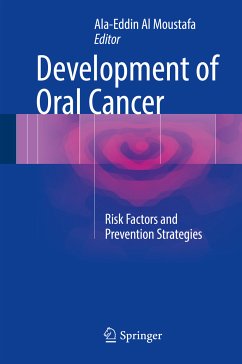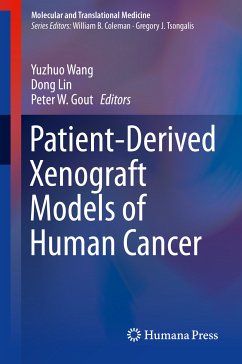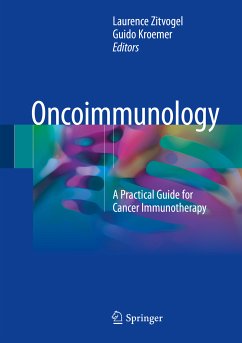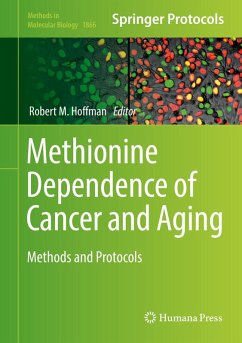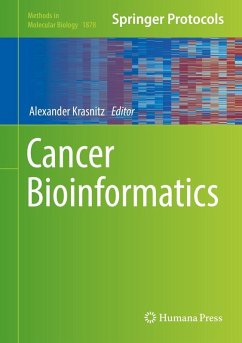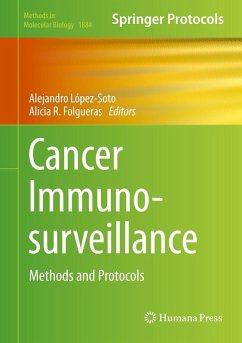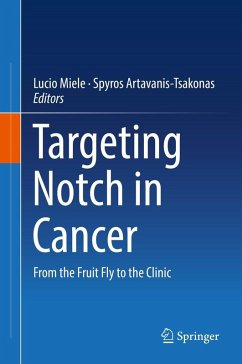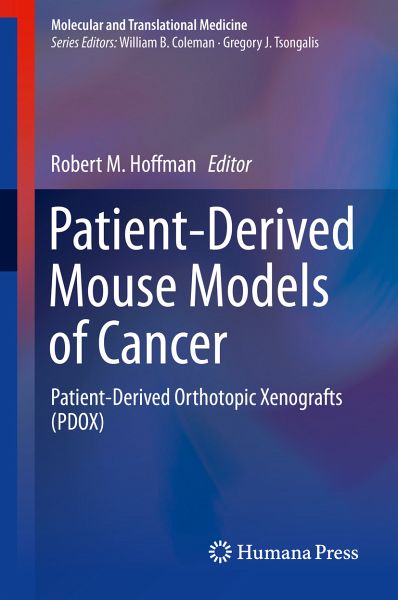
Patient-Derived Mouse Models of Cancer (eBook, PDF)
Patient-Derived Orthotopic Xenografts (PDOX)
Redaktion: Hoffman, Robert M.
Versandkostenfrei!
Sofort per Download lieferbar
68,95 €
inkl. MwSt.
Weitere Ausgaben:

PAYBACK Punkte
34 °P sammeln!
This text highlights seminal discoveries and also provides comprehensive and state-of the-art approach to mouse models of human patient tumors. These areas include training, basic techniques, as well as general troubleshooting. Subsequent chapters focus on the different mouse models of patient tumors including the various strains of immunodeficient mice currently available and the transplantation techniques that can be used as well as state-of-the-art imaging techniques. Practical applications of the models from drug discovery, genome analysis to personalized treatment are also covered. Writte...
This text highlights seminal discoveries and also provides comprehensive and state-of the-art approach to mouse models of human patient tumors. These areas include training, basic techniques, as well as general troubleshooting. Subsequent chapters focus on the different mouse models of patient tumors including the various strains of immunodeficient mice currently available and the transplantation techniques that can be used as well as state-of-the-art imaging techniques. Practical applications of the models from drug discovery, genome analysis to personalized treatment are also covered. Written by experts in that field, each of these sections address these critical issues. A brief review of the existing literature addressing the particular topic follows in each section.
Presently, there is no single source to provide information on technique and uses of mouse models of human patient tumors. Patient-Derived Mouse Models of Cancer will satisfy this need for cancer researchers, oncologists, pharmaceutical and biotechnology industry scientists as well as molecular biologists studying in vivo systems
Dieser Download kann aus rechtlichen Gründen nur mit Rechnungsadresse in A, B, BG, CY, CZ, D, DK, EW, E, FIN, F, GR, HR, H, IRL, I, LT, L, LR, M, NL, PL, P, R, S, SLO, SK ausgeliefert werden.



